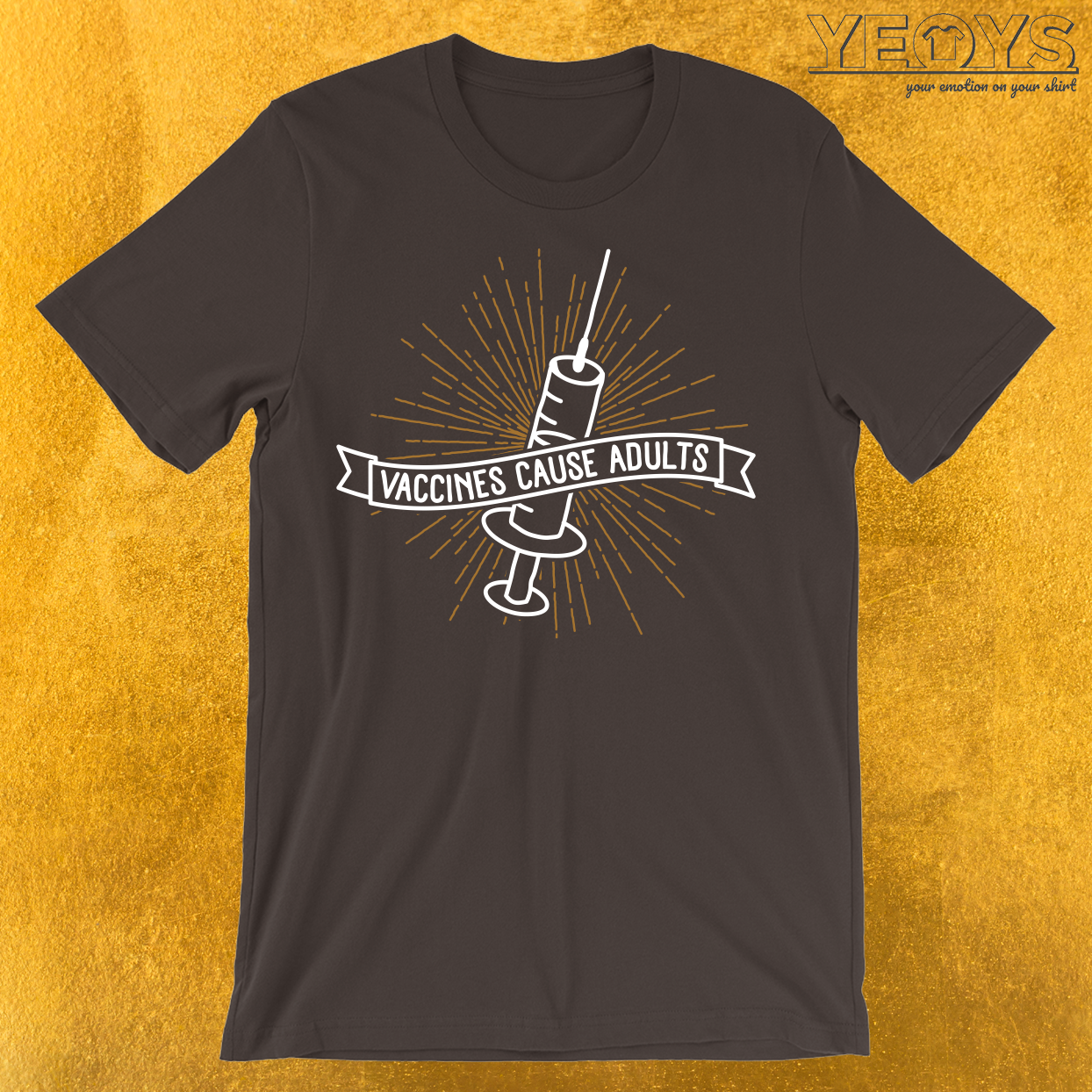- US healthcare workers to find faced a shortages of N95 masks since March, when the coronavirus started spreading rapid.
- A stare of 29 forms of masks feeble in healthcare settings came across that expired and feeble N95s block coronavirus particles simply as effectively as more contemporary ones.
- Surgical masks block fewer particles than N95s, nevertheless are quiet effective.
- Visit Commerce Insider’s homepage for extra reviews.
The US has spent months going thru shortages of N95 masks — the form that work splendid to guard of us from the coronavirus. Healthcare workers to find had to manufacture earn with expired and feeble N95s despite questions about their effectiveness.
Now, those workers can perchance breathe moderately more straightforward: A stare published Tuesday in the journal JAMA Inner Medication came across that feeble and expired N95 masks may perchance perchance well very effectively be simply as effective as unusual ones.
Within the stare, researchers on the University of North Carolina, Chapel Hill, examined the filtration means of 29 forms of face masks usually feeble in effectively being facility settings, together with unusual, expired, and feeble N95 masks, as effectively as surgical masks with ties and ear loops.
The outcomes showed that N95 masks — even expired ones and masks that had been feeble as soon as then sanitized and reused — worked much better than surgical masks, blocking off virtually all airborne particles. Surgical masks with ties supplied better safety than those with ear loops, seemingly because they fit extra tightly.
Testing the masks: N95s performed better than surgical masks across the board
The researchers examined all 29 forms of veil on a male volunteer, while a female volunteer examined six of the most widely feeble masks. The stare did now not embody cotton masks, bandanas, or other non medical masks, since its focal point used to be on healthcare settings.
To take into myth each and each veil, the researchers stuffed a chamber with aerosolized salt particles roughly the dimensions of little coronavirus particles, then despatched the volunteer in carrying that veil.
Over the next three minutes, the volunteer would repeat a assortment of movements designed to mimic a healthcare employee’s day-to-day tasks: Bending down and up, reading, twisting his head support and forth, and interesting his head up and down.
Mike Segar/Reuters
Of your entire veil varieties usually feeble in effectively being facility settings, surgical masks with ear loops performed worst, retaining the male volunteer from most efficient about 40% of particles. They stable the female volunteer from simply below 27%.
Surgical masks that tie on the support of the pinnacle did better, blocking off virtually 72% of particles.
As anticipated, all N95 masks (unusual, feeble as soon as, and expired) did better than surgical ones. In each and each task, they exceeded the number in their name, blocking off better than 95% of particles. In fact, none of the N95s blocked lower than 96.8% of particles — no longer even expired masks or of us who had been sanitized as soon as with hydrogen peroxide and ethylene oxide.
What the findings point out for healthcare workers
The researchers cautioned that their findings may perchance perchance well no longer be superb, since they examined most of the masks on most efficient one particular person, and masks fit of us in a totally different design looking on their head shapes. That may perchance perchance well in particular affect the protection ranges from surgical masks, since those don’t seem like fitted love N95s.
But a bunch of head shapes seemingly wouldn’t alternate the researchers’ overall conclusion: That every and each expired and evenly feeble N95 masks, supplied they’re neatly fitted and sterilized, are quiet well worth the reveal of in healthcare settings.
In a commentary accompanying the stare, Caitlin Dugdale and Rochelle Walensky, two infectious-illness experts at Harvard Medical College, supplied their very hang retract on the findings.
“Importantly, no documented SARS-CoV-2 outbreaks to find been linked to settings whereby surgical masks to find been assiduously feeble in lieu of N95 masks,” they wrote, “which implies that even when airborne transmission is a substantial contributor to SARS-CoV-2 transmission, surgical masks are seemingly sufficient to prevent it.”
The important thing, alternatively, is that patients must put on the masks, too.




Leave a comment
Sign in to post your comment or sign-up if you don't have any account.